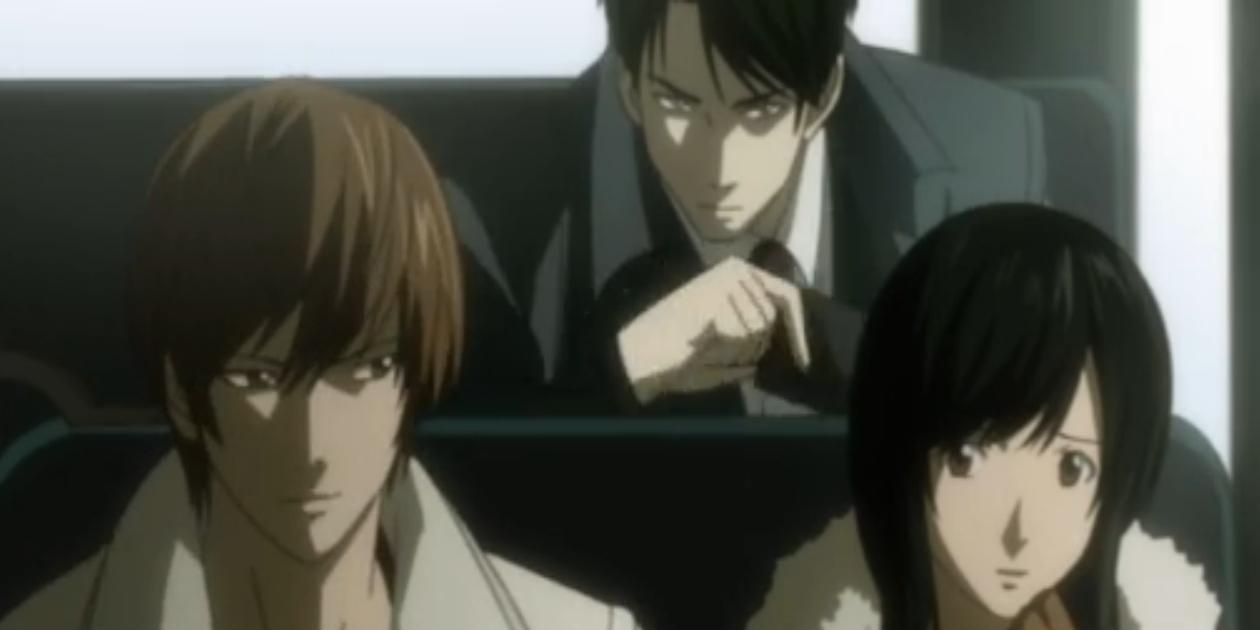
By monster, I refer to a human who deviates emotionally, socially, and intellectually from the convention. Rather, as a prodigy and genius, he is driven by the thrill of solving a mystery and the case of Light and the Death Note provides a rare challenge to his intellect, one he refuses to accept defeat in. L, however, is not actually majorly driven by a desire to right a wrong or end the killings. Light’s personal view of himself as justice is not so complicated-he kills criminals and plays god through determining other’s’ fates, his own noble goal of purging the world of all that makes it rotten. Light, whose solipsistic view has graced him with a god complex, and L, whose intelligence makes him completely socially incompatible with other humans, both see themselves as embodiments of justice. The two central characters are warped by a sense of justice that is a product of their egos. Justice is a central theme to Death Note. In other words, most of us are unsurprisingly hypocrites. Even in social media today, an article about a criminal who has raped a child or committed some gruesome murder is decried by comments that demand “justice”-often the death penalty. In many of Light’s internal monologues, he voices concludes that the moral righteousness embodied in that idea is merely a facade-while humans might voice that all killing is wrong, most of them likely think otherwise. It’s easy to say that killing anyone, even if they are a criminal (a death row criminal at that) is a crime. The dichotomy of good and evil is only one of many that we use to simplify life. While many viewers look at the show and see Light as the “bad guy” and L as the “good guy”, that’s not the case, or at least, it isn’t so simplistic. The show plays out to be an intellectual cat and mouse chase between Light and L, with the roles of cat and mouse constantly shifting as to whom they represent. L, an inhumanly intelligent detective and prodigy, discovers the peculiar death trend of criminals dying from heart attacks and tackles the case.

This quickly accelerates into creating Light’s god complex, where he believes he can purge the world of evil by killing criminals. He ultimately decides to kill a criminal whose life no one would care about. Rather than completely shun the notebook or open it up and try it out immediately out of curiosity and doubt, he behaves with caution and intelligence from the beginning. When Light finds the notebook, he doesn’t behave like one might expect from a show meant to entertain. The notebook kills a person through heart attack if no cause of death is specified. The Death Note simply requires the owner to write a person’s name in the notebook in order to kill that particular person.
Death note rules end episode full#
Life is boring, and more than that, it is a rotten place full of despicable people.īut then, he finds a Death Note, a notebook that shinigami, also known as death gods or grim reapers, use to kill people. He is an actor and a liar with a superiority complex, and prior to when the plot picks up in the anime, his attitude towards life is that of a person playing a meaningless game that he knows all the cheat codes to. He is an all-around perfect student-athletic, smart, handsome, and outwardly kind.

It’s probably easier thinking this way too, otherwise face some existential crisis.ĭeath Note ’s protagonist Light Yagami is an example of one of the extremes on this spectrum.

We humans and perhaps all living creatures live closest to ourselves-the most tangible entity we can possibly fathom. But that fact rarely hits home, and I’m not sure it ever will for most. As some kind of distant entity, I’m sure we’re all aware that our lives are mere specks of dust in a whirlwind of chaos. One of the most unfathomable things in this world is how insignificant one’s self truly is.


 0 kommentar(er)
0 kommentar(er)
